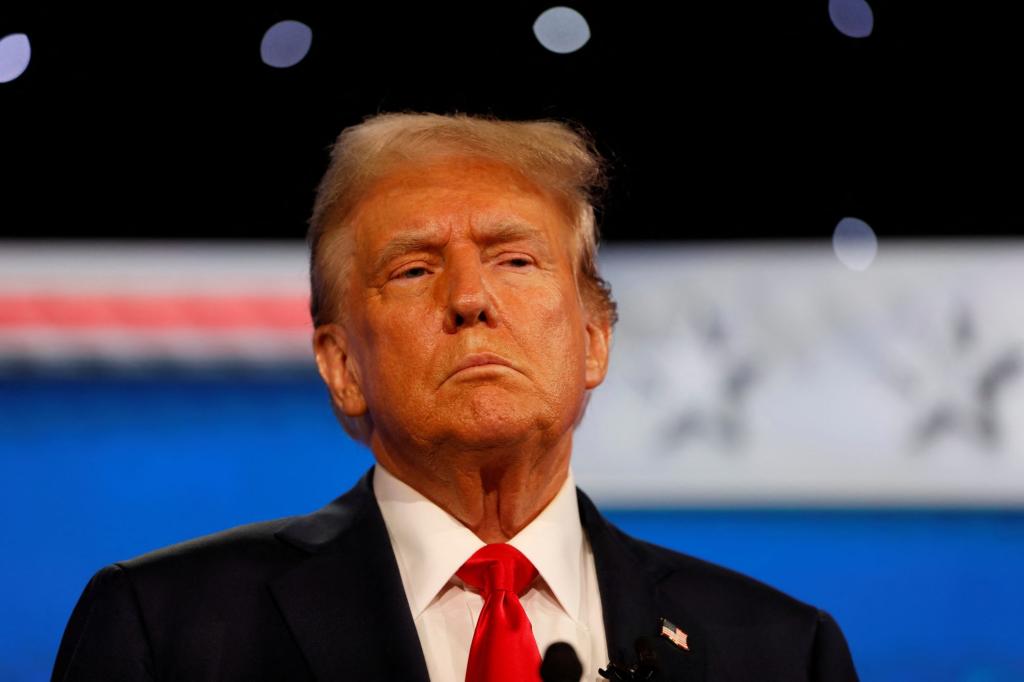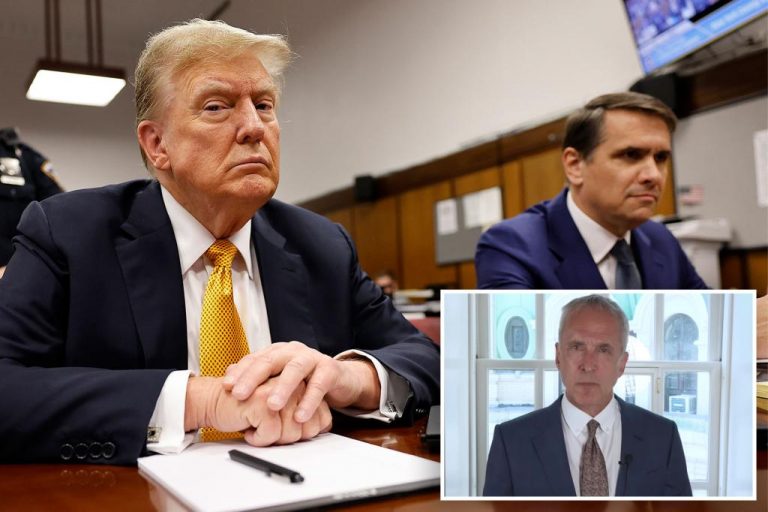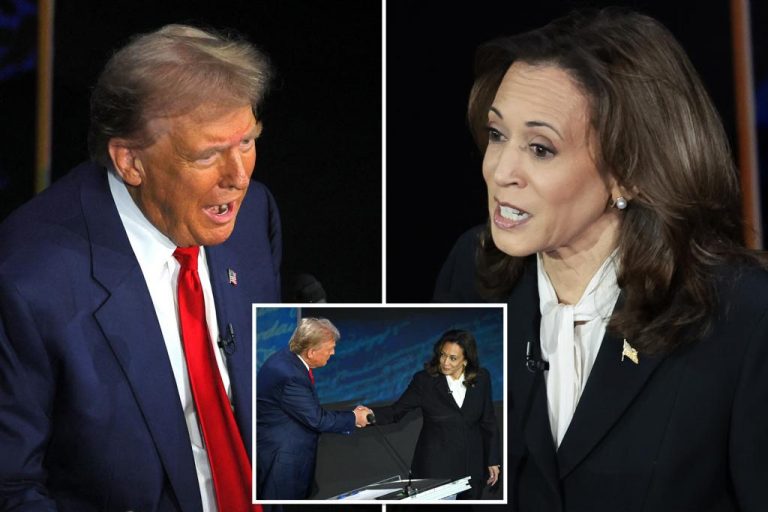Supreme Court rules Trump can be held accountable for actions
The recent ruling by the Supreme Court on former President Donald Trump’s immunity is a prime example of the court fulfilling its constitutional role, even when its decisions may be unpopular among certain groups. This ruling showcases the importance of upholding the principles of the Constitution and ensuring that no individual, regardless of their status, is above the law.
While many may disagree with the court’s decision, it is crucial to understand the reasoning behind it. The Supreme Court, as the highest judicial body in the United States, is tasked with interpreting the Constitution and ensuring that the rule of law is upheld. In the case of Trump’s immunity, the court carefully considered the legal precedent, historical context, and constitutional principles to arrive at its ruling.
One of the core principles of the American legal system is the concept of equal justice under the law. This means that every individual, whether a private citizen or a public figure, is entitled to fair and impartial treatment under the law. By ruling that Trump does not have absolute immunity from prosecution, the Supreme Court reaffirmed this fundamental principle and upheld the rule of law.
It is essential to remember that the Supreme Court’s role is not to make popular decisions but to interpret the law and the Constitution. In this case, the court’s ruling may not align with the preferences of certain political factions or interest groups, but it is a necessary step in ensuring that the principles of justice and accountability are upheld.
Furthermore, the Supreme Court’s ruling on Trump’s immunity sets an important precedent for future cases involving executive privilege and presidential immunity. By clarifying the limits of presidential immunity, the court has provided guidance for future presidents and administrations on the boundaries of their authority and the accountability they are subject to.
While some may view the court’s decision as a political move, it is crucial to recognize that the judiciary is an independent branch of government, separate from the executive and legislative branches. The Supreme Court’s role is to ensure that the rule of law is upheld and that the principles of justice and accountability are preserved, regardless of political considerations.
In conclusion, the Supreme Court’s ruling on Trump’s immunity may be unpopular among certain groups, but it is a necessary and constitutionally correct decision. By upholding the principles of equal justice under the law and clarifying the limits of presidential immunity, the court has fulfilled its constitutional role and demonstrated the importance of judicial independence and integrity.








